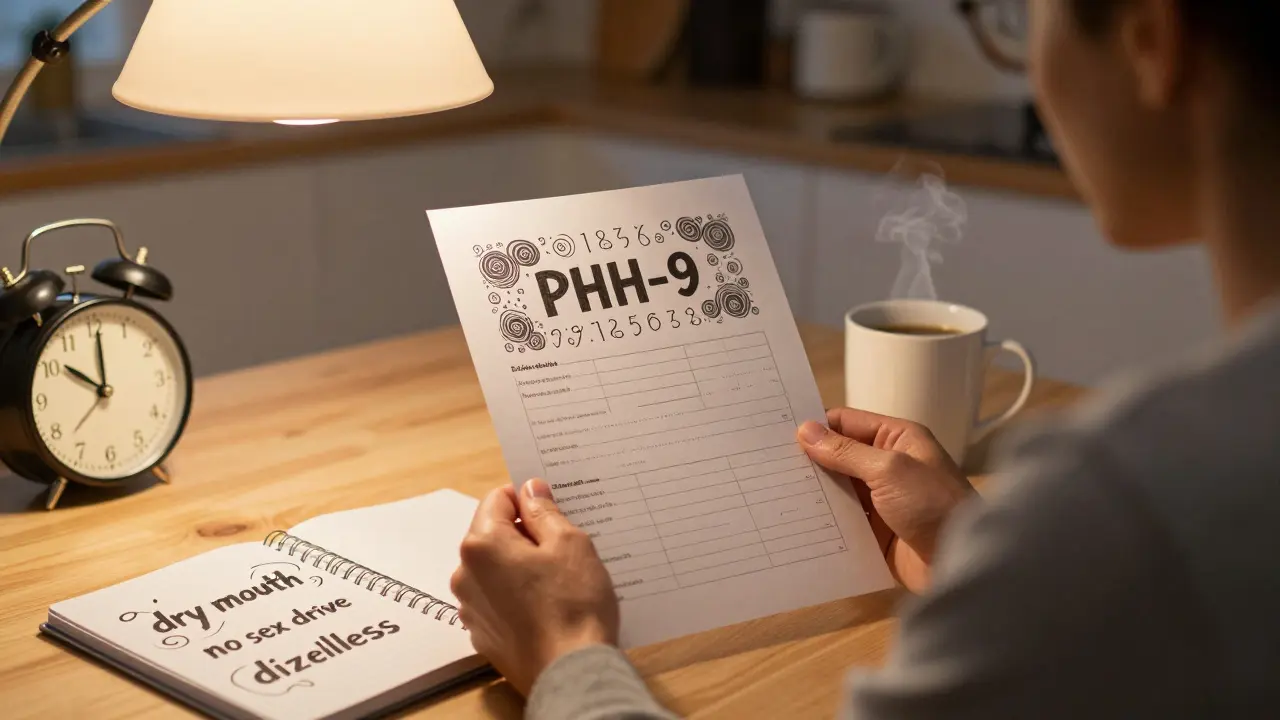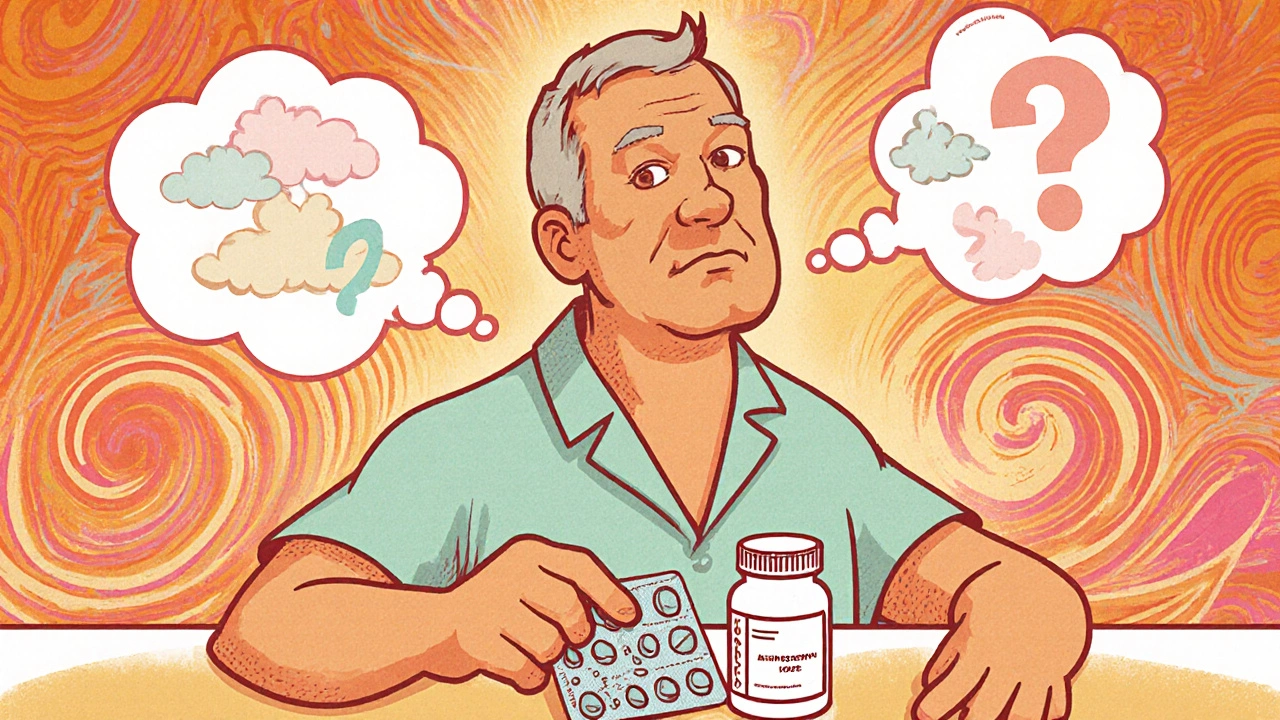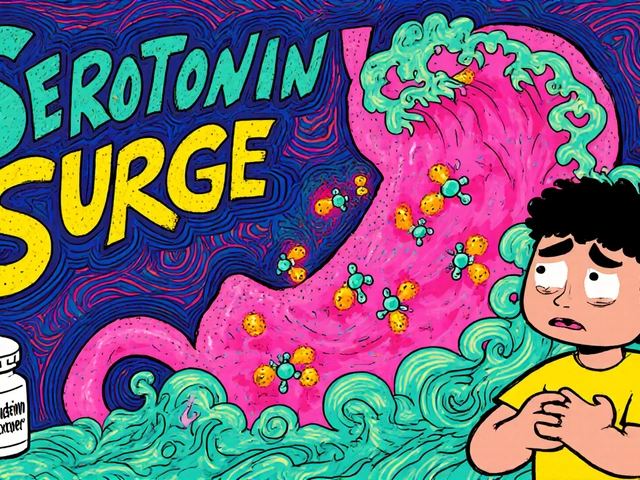
Side Effects: What They Are and How to Deal With Them
Ever taken a pill and wondered why you felt weird afterward? That’s a side effect – an unwanted reaction that shows up when a medicine or supplement does more than just treat the main problem. Most of the time they’re mild, but some can surprise you. Knowing the signs early can keep you safe and save you a trip to the doctor.
Common side effects you should watch for
Across the posts on First Pharmacy UK you’ll see a pattern: nausea, headache, dizziness, and stomach upset are the most frequent culprits. Eye drops like Ophthacare may cause temporary stinging or blurred vision. Topical creams such as crotamiton can make the skin feel itchy before it calms down. Even natural products like gumweed can trigger an allergic rash if you’re sensitive. The key is to match the symptom with the product you’re using and note when it started.
When the reaction is mild, a simple step like drinking more water, taking the dose with food, or switching to a lower strength often helps. For example, menthol gels for athletes can cause a cooling burn if applied to broken skin – just make sure the area is clean and intact. If a side effect persists longer than a few days or gets worse, it’s time to pause the medication and check with a pharmacist or GP.
How to manage and report side effects
First, write down what you took, the dose, and the exact time the symptom appeared. This makes it easier for a health professional to spot a pattern. If the reaction is severe – think trouble breathing, swelling of the face, or a sudden drop in blood pressure – call emergency services straight away. For moderate issues, you can call your local pharmacy or use the NHS online service to get advice.
Reporting side effects isn’t just about your own safety; it helps regulators track which medicines need warnings or label changes. In the UK you can report directly to the MHRA (Medicines and Healthcare products Regulatory Agency) via their Yellow Card scheme. The process is quick: you’ll fill in a short form with the drug name, the reaction, and any other relevant details. Your report stays anonymous unless you choose otherwise.
While you’re waiting for professional guidance, keep an eye on your body. If you’re taking more than one new product, consider stopping one at a time to see which is the cause. Stay hydrated, eat balanced meals, and avoid alcohol if you’re on medication that already affects the liver. Most importantly, trust your gut – if something feels off, it probably is.
Side effects don’t have to be scary, but they do need attention. By spotting the signs early, managing mild reactions at home, and reporting serious ones, you protect yourself and help make medicines safer for everyone.
-
7 Feb

-
11 Jan

Side Effects and Medication Adherence: How to Stay on Track When Drugs Cause Problems
Side effects are the #1 reason people stop taking their meds-even when they know it’s important. Learn how to manage them, talk to your pharmacist, and stay on track without risking your health. -
22 Oct

Cefuroxime and Gut Health: What You Need to Know
Learn how cefuroxime affects your gut microbiome, the risks of dysbiosis, and practical steps to protect digestive health during treatment. -
19 Oct

Mirabegron and Mental Health: What the Latest Research Shows
Explore whether mirabegron, a bladder medication, is linked to depression, anxiety, or other mental‑health issues. Learn the science, study results, and practical steps for patients and doctors. -
17 Sep

Metoclopramide (Reglan): Uses, Dosage, Side Effects, Warnings, and Safer Alternatives
Clear 2025 guide to metoclopramide: uses, dosing, common and serious side effects, who should avoid it, key interactions, and safer alternatives. -
16 Sep
![Quibron‑T (Theophylline) Uses, Dosage, Side Effects, Interactions [2025 Guide]](/uploads/2025/09/quibron-t-theophylline-uses-dosage-side-effects-interactions-2025-guide.webp)
Quibron‑T (Theophylline) Uses, Dosage, Side Effects, Interactions [2025 Guide]
What Quibron‑T (theophylline) treats, safe dosing, side effects, and key interactions-plus 2025 guideline context and practical steps for patients and caregivers.





